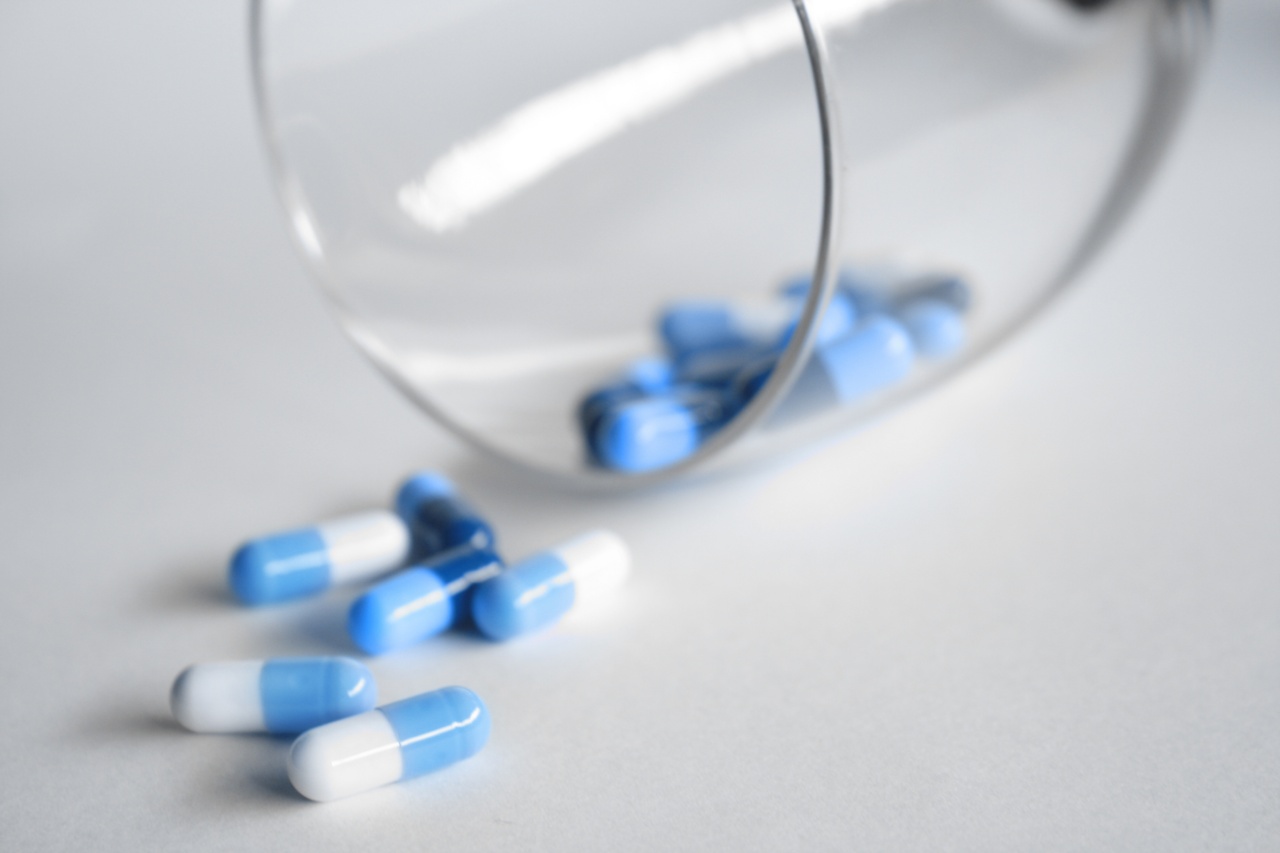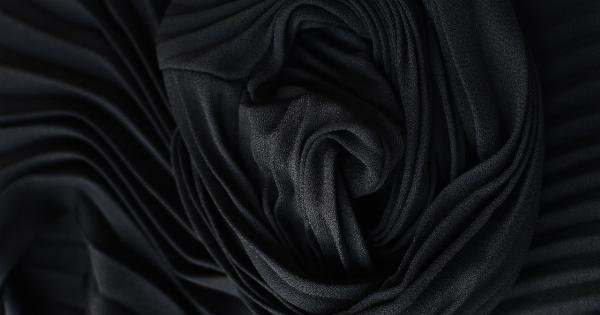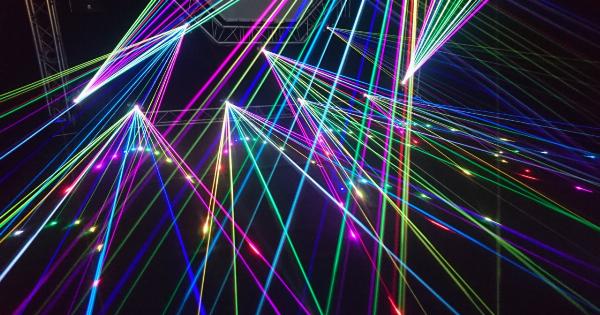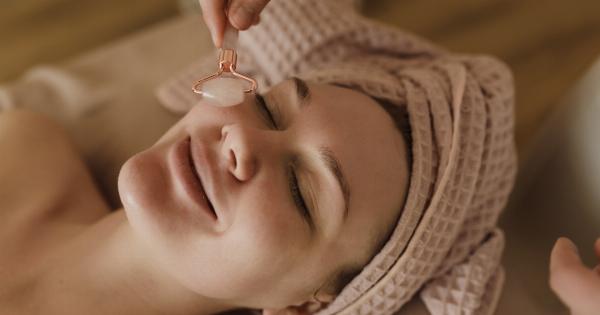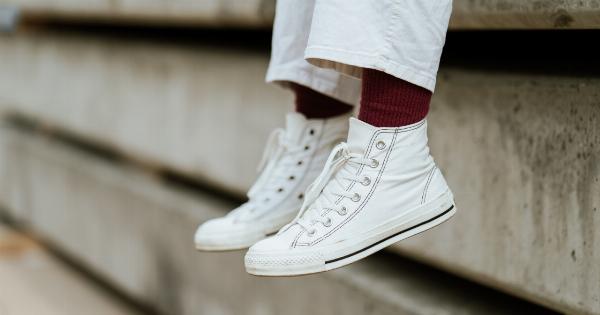Alcohol addiction is a serious condition that affects millions of lives around the world. Traditional therapies like counseling and medication have been effective for some, but others require more advanced treatment.
Laser therapy is one option for those struggling with alcohol addiction. Here we will discuss what this treatment method is, how it works, and its effectiveness in treating alcohol addiction.
What is Laser Therapy for Alcohol Addiction?
Laser therapy for alcohol addiction involves using low-level laser light to stimulate specific points on the patient’s body.
This treatment method is also known as laser acupuncture or cold laser therapy and has been used for several other medical conditions such as chronic pain and weight loss. The laser light applied to the body is non-invasive and painless.
How Does Laser Therapy Work?
Laser therapy works by stimulating specific points on the body called acupoints. These points are located along energy pathways known as meridians.
When stimulated, these pathways activate the body’s natural healing processes, promoting physical and emotional balance.
During laser therapy, a low-level laser light is applied to acupoints on the ear, face, neck, and hands. The laser light is non-thermal, so it doesn’t create heat.
Instead, it penetrates the skin and stimulates the nerves and cell activity in the targeted areas. This stimulation causes the release of endorphins, which are natural painkillers that help reduce cravings, anxiety, and depression associated with alcohol addiction.
The Benefits of Laser Therapy for Alcohol Addiction
There are several benefits to using laser therapy to treat alcohol addiction. One of the main benefits is that it is a non-invasive and painless treatment method. Other benefits are:.
- Reduction in cravings and withdrawal symptoms
- Improved sleep and relaxation
- Reduced stress and anxiety
- Increased energy and motivation
Effectiveness of Laser Therapy for Alcohol Addiction
There is some evidence to suggest that laser therapy is effective in treating alcohol addiction.
A 2015 study published in the Journal of Addiction Research and Therapy found that laser acupuncture was effective in reducing alcohol cravings and anxiety levels. Another study conducted in 2018 found that cold laser therapy was effective in reducing alcohol withdrawal symptoms.
While the research on laser therapy for alcohol addiction is limited, there is some evidence to suggest that it may be a useful tool for those struggling with alcohol addiction.
However, it is important to note that laser therapy may not be effective for everyone, and it is not a substitute for traditional therapies like counseling and medication.
Risks and Side Effects of Laser Therapy
One of the main benefits of laser therapy is that it is a non-invasive and painless treatment method. However, like any medical treatment, there are risks and side effects associated with laser therapy.
Some of the risks and side effects of laser therapy for alcohol addiction include:.
- Skin irritation or burns from the laser light
- Temporary dizziness or nausea
- Headaches or migraines
- Muscle pain or stiffness
It is important to talk to a healthcare professional before undergoing laser therapy for alcohol addiction to discuss potential risks and side effects.
Conclusion
Laser therapy is an emerging treatment option for those struggling with alcohol addiction.
This non-invasive and painless treatment method involves using laser light to stimulate specific points on the body to help reduce cravings and withdrawal symptoms and promote relaxation and stress relief. While there is some evidence to suggest that it may be an effective tool for managing alcohol addiction, it is not a substitute for traditional therapies like counseling and medication.
Speak with a healthcare professional to determine if laser therapy is a viable option for you.
